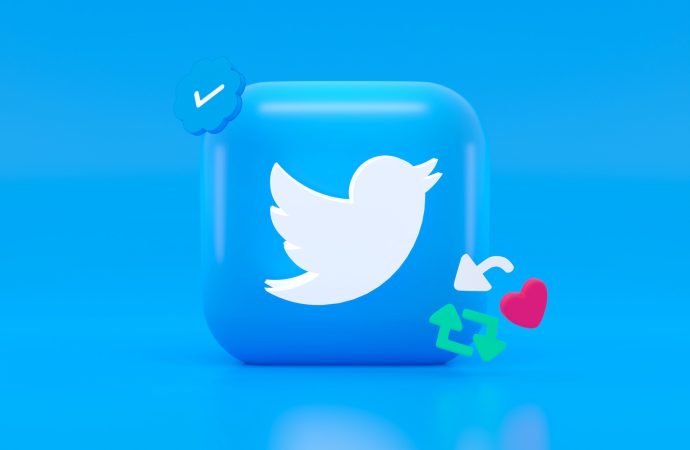Introduction Twitter, the popular social media platform, finds itself embroiled in a legal battle as music companies launch lawsuits accusing it of copyright infringements. This article delves into the details of the ongoing legal action, shedding light on the allegations made by music companies and the substantial compensation they are seeking. The outcome of this
Introduction
Twitter, the popular social media platform, finds itself embroiled in a legal battle as music companies launch lawsuits accusing it of copyright infringements. This article delves into the details of the ongoing legal action, shedding light on the allegations made by music companies and the substantial compensation they are seeking. The outcome of this case could have significant ramifications for Twitter, the music industry, and the wider landscape of online content sharing.
Lawsuits Filed against Twitter
Allegations of Copyright Violations
Music companies have taken legal action against Twitter, claiming that the platform has allowed its users to share copyrighted music without obtaining the necessary licenses or permissions. According to the allegations, Twitter has failed to address these copyright violations, resulting in a breach of intellectual property rights and causing financial harm to artists and music labels.
Demand for Substantial Compensation
The plaintiffs in these lawsuits are seeking substantial compensation from Twitter. The amounts demanded can be quite significant, reflecting the seriousness of the alleged copyright infringements. With claims reaching costly rates per violated work, music companies aim to draw attention to the financial impact on the music industry and the importance of respecting intellectual property rights.
Implications for the Music Industry
Safeguarding Artists’ Rights
These lawsuits against Twitter highlight the ongoing struggle to protect the rights of artists and copyright holders within the music industry. By pursuing legal action, music companies aim to preserve the value of creative works and ensure that artists receive fair compensation for their contributions.
Impact on Revenue Streams
The unauthorized sharing of copyrighted music on social media platforms can have a detrimental effect on the revenue streams of musicians and music labels. It undermines potential sales, royalties, and other income sources, which are crucial for sustaining the music industry. The outcome of these lawsuits may shape the future of revenue generation within the industry and influence the development of licensing agreements and online content policies.
Redefining Copyright Enforcement
The legal battle against Twitter has broader implications for copyright enforcement on social media platforms. The rulings and precedents set in these cases can potentially redefine the obligations and responsibilities of online platforms in combating copyright infringements. This may lead to stricter content filtering measures, enhanced enforcement policies, and increased scrutiny of user-generated content.
Future of Online Content Sharing
Balancing Copyright Protection and User Engagement
The lawsuits against Twitter raise important questions about finding the right balance between protecting copyright holders’ rights and promoting user engagement on social media platforms. Striking a balance that respects intellectual property while allowing for the creative sharing of content is crucial to fostering a thriving digital ecosystem.
Implications for Social Media Platforms
The outcome of these lawsuits could have far-reaching implications for social media platforms beyond Twitter. Platforms may face heightened scrutiny and increased pressure to implement robust copyright protection measures. This could involve deploying advanced content recognition technologies, refining user policies, and collaborating closely with copyright holders to ensure compliance.
Conclusion
Twitter’s legal battle with music companies over alleged copyright infringements underscores the complex challenges faced by social media platforms in regulating content and protecting intellectual property rights. The outcome of these lawsuits will not only shape Twitter’s responsibilities but also influence the future landscape of online content sharing and copyright enforcement across various platforms. As the legal proceedings progress, stakeholders within the music industry, social media users, and online content creators will closely monitor the implications of this case, which has the potential to reshape the relationship between copyright holders, social media platforms, and the wider digital community.

















Leave a Comment
Your email address will not be published. Required fields are marked with *